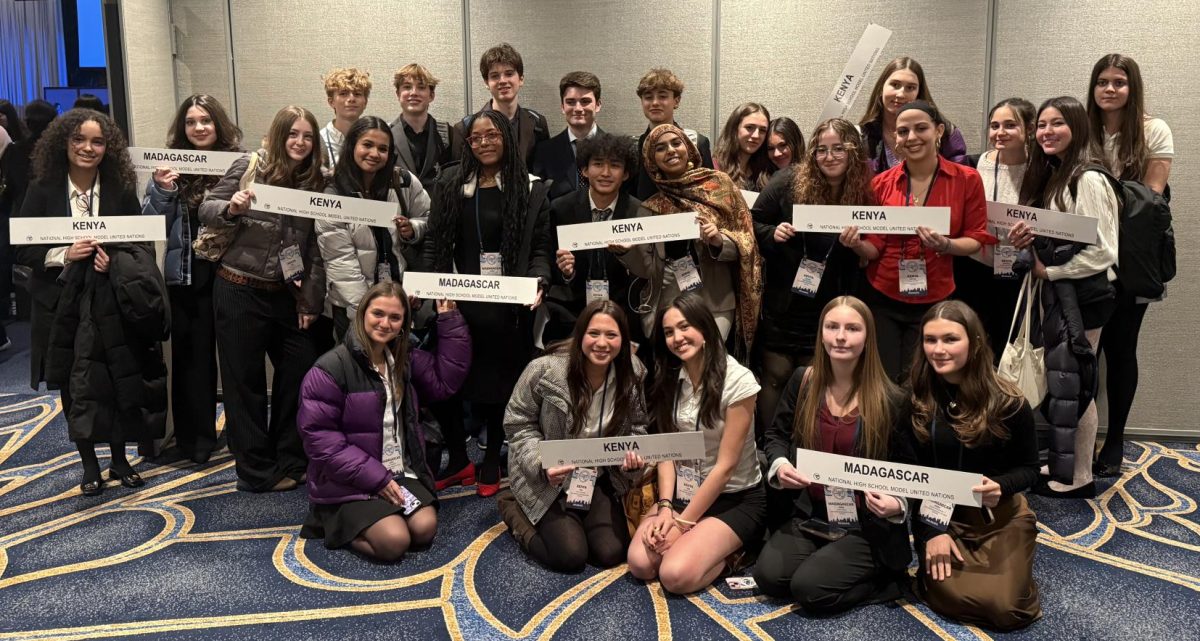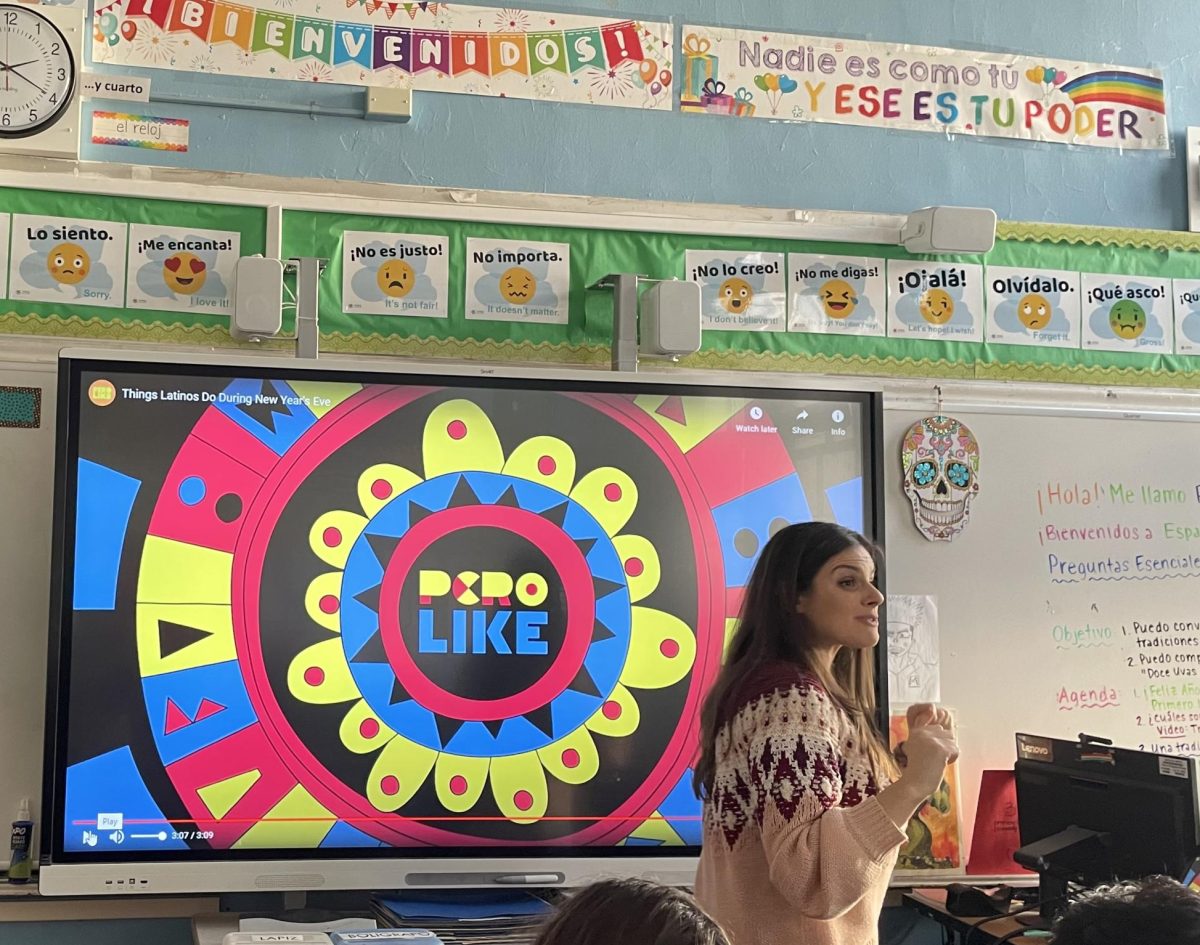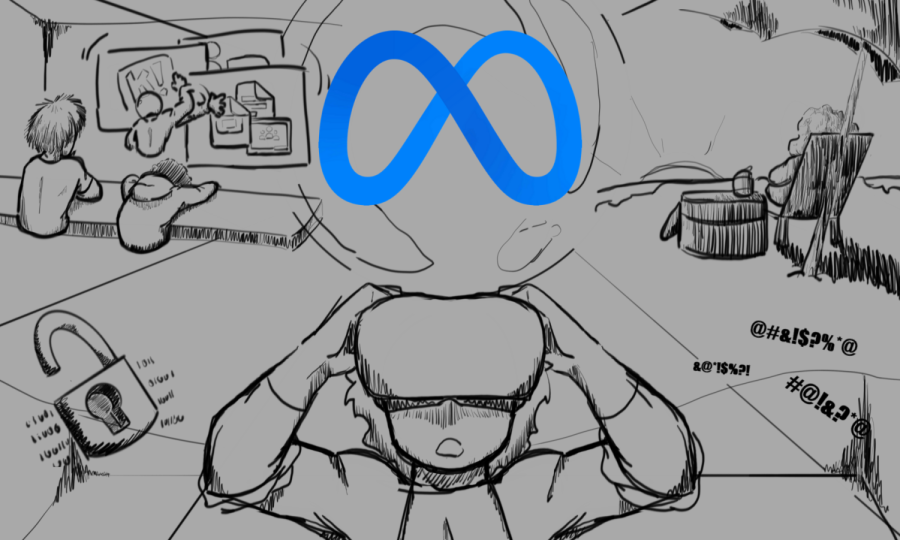Is School Teaching Valuable Information?
March 30, 2017
Teenagers complain about the lack of real-world skills being taught in their classrooms. They often sit in their classes wondering if any of the material being taught to them will ever be useful. How is knowing who the 15th president was or memorizing the derivative of trigonometric functions going to help in long term success? Ultimately it doesn’t, at least not directly. Schools should be instilling in their pupils things like resume building and networking, not cramming.
High schoolers generally believe school isn’t necessary due to the stress they endure. Many students feel as if they are attending school not for the sake of learning, but for the sake of passing with high grades. Senior Student Body president of MBHS, Michael Williams, stated that nowadays students “cram without without much specificity so that [they] can get a passing grade on an exam and the information [they] are receiving isn’t valued as much.” Students are taught from the get-go to retain information for the sole purpose of test taking. Schools should be teaching their students to create connections with the information they receive and to create connections with the people that surround them. Schools should offer courses that highlight the importance of socializing and networking.
Networking is the art of building and sustaining mutually beneficial relationships. Students network when they socialize with their peers. According to the Learning Network by The New York Times “developing life skills like self-control, motivation, focus and resilience, are far better predictors of long-term success than high grades.” Motivation and resilience grow through skills like networking because it pushes students to take an initiative and gives them confidence when sharing their achievements during internship or job interviews. Excellent grades are of minimal importance in acquiring a job compared to networking. A scholar that can ace any subject test will not contribute much to society if they cannot socialize to obtain a job.
Many schools don’t teach teens how to gain experiences in the workplace nor do they teach students how put together a resume. Resume building in courses like Internship in Millennium Brooklyn High School (MBHS) allow students to understand “the multi-dimensional efforts that go into making a workplace effective” and display “the necessity of synthesizing several skill sets for the creation of a quality work product,” as stated by their Course Catalog. Giving students exposure to the real world by instructing them on how to showcase their assets on a piece of paper is much greater than instructing them on how to solve for x in any given equation.
Education provided by schools, for the most part, allows students to be more well rounded in regards to many subject areas. Ms. Budhraja, an Algebra/Trigonometry and Geometry teacher at MBHS, feels as though subjects like math “help with problem solving, to think and navigate different ways to go about a problem.” Problem solving also comes about in science and history where one learns through observation of the present and the past. Schools offer basic courses of math, science, history, not to torture the students with unneeded information, but to give students a preview of each playing field.
Overall, schools seem to highlight academic rigor over other necessary life skills. Students should be able to learn social skills along with things like resume building. Schools should not cater to test taking when preparing kids, they should teach them to build their professional self to get a taste of what it is to live in a world after high school and ultimately college.












